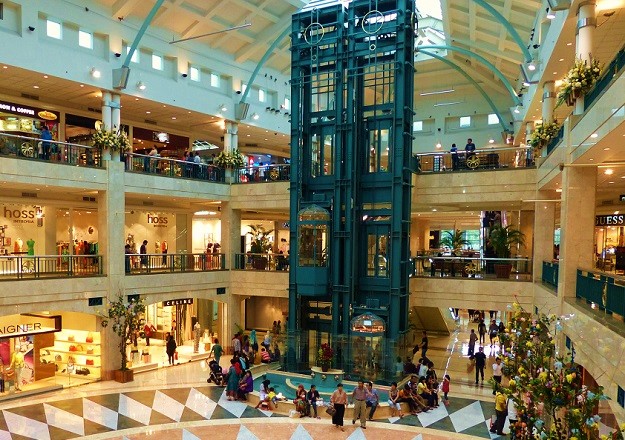Consumer Confidence in Indonesia Falls Slightly in September
A survey of Indonesia’s central bank (Bank Indonesia) shows that Indonesian consumer confidence declined slightly to 119.8 points in September 2014 (from 120.2 points in the previous month) on concerns that price increases will limit people’s purchasing power. These concerns are triggered by president-elect Joko Widodo’s plans to raise prices of subsidized fuels before the year-end in an effort to safeguard the country’s financial fundamentals. Widodo (popularly known as Jokowi) will be inaugurated on 20 October 2014.

Previously, speculation emerged that Jokowi would raise subsidized fuel prices by IDR 3,000 (USD $0.25) per liter. However, last week the president-elect denied these rumours and stated that the exact figure is yet to be decided. Most likely, there will be a price increase in the range of IDR 500 to IDR 3,000 per liter. Such administered price adjustments usually result in sharply accelerated inflation in Southeast Asia’s largest economy due to the multiplier effects on transportation costs and prices of goods. After the Susilo Bambang Yudhoyono-administration raised prices of subsidized fuels by an average of 33 percent in June 2013, it quickly led to an inflation rate of about 9 percent year-on-year (y/y). Since the start of 2014 Indonesia’s inflation rate has been easing. In September, inflation stood at 4.53 percent y/y. The country has two annual seasonal inflation peaks triggered by higher domestic demand: the June-August period (due to Islamic celebrations and the new school season) and the December-January period (due to Christmas and New Year).
This year, Indonesians have already had to cope with higher electricity and gas prices as the Indonesian government tries to wind down massive energy subsidy spending in order to relieve the government’s budget deficit.
The survey of Bank Indonesia, which analysed feedback of respondents in over 4,600 households in 18 major Indonesian cities, is used to measure consumers’ perspectives with regard to their intention to buy durable goods such as vehicles and electronics. A result of more than 100 points indicates that consumers are optimistic.
Bahas
Silakan login atau berlangganan untuk mengomentari kolom ini

